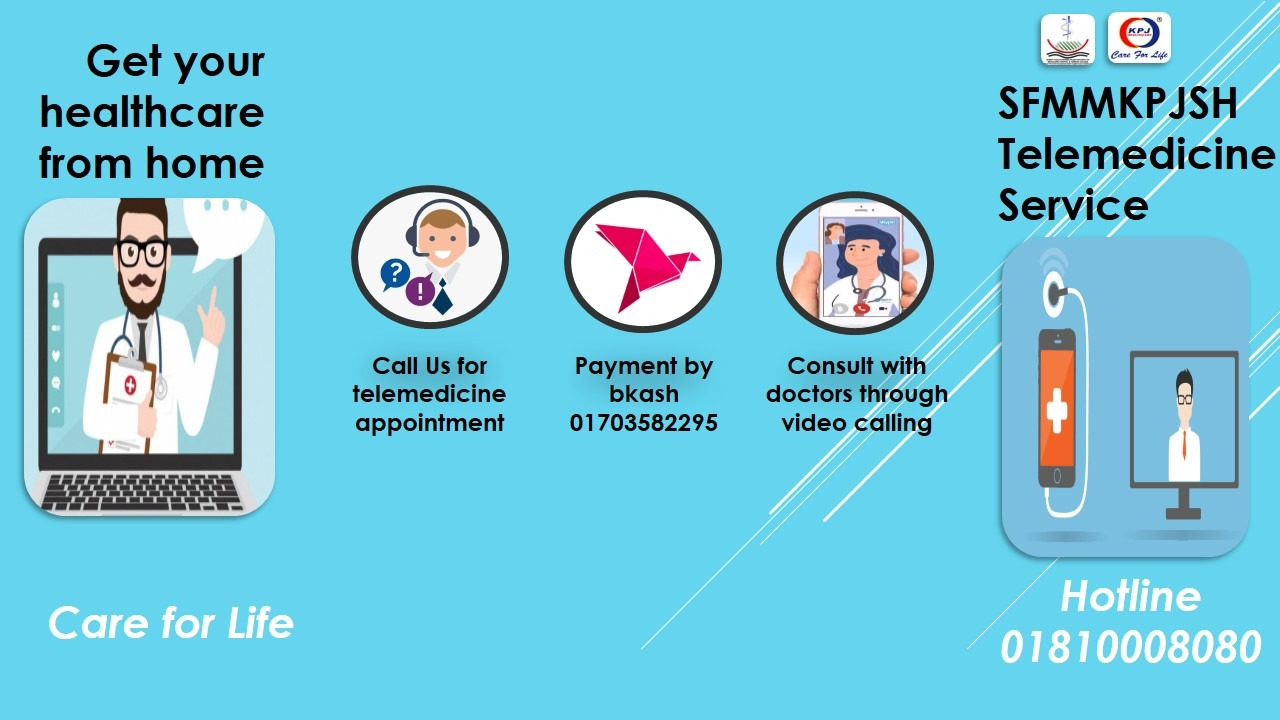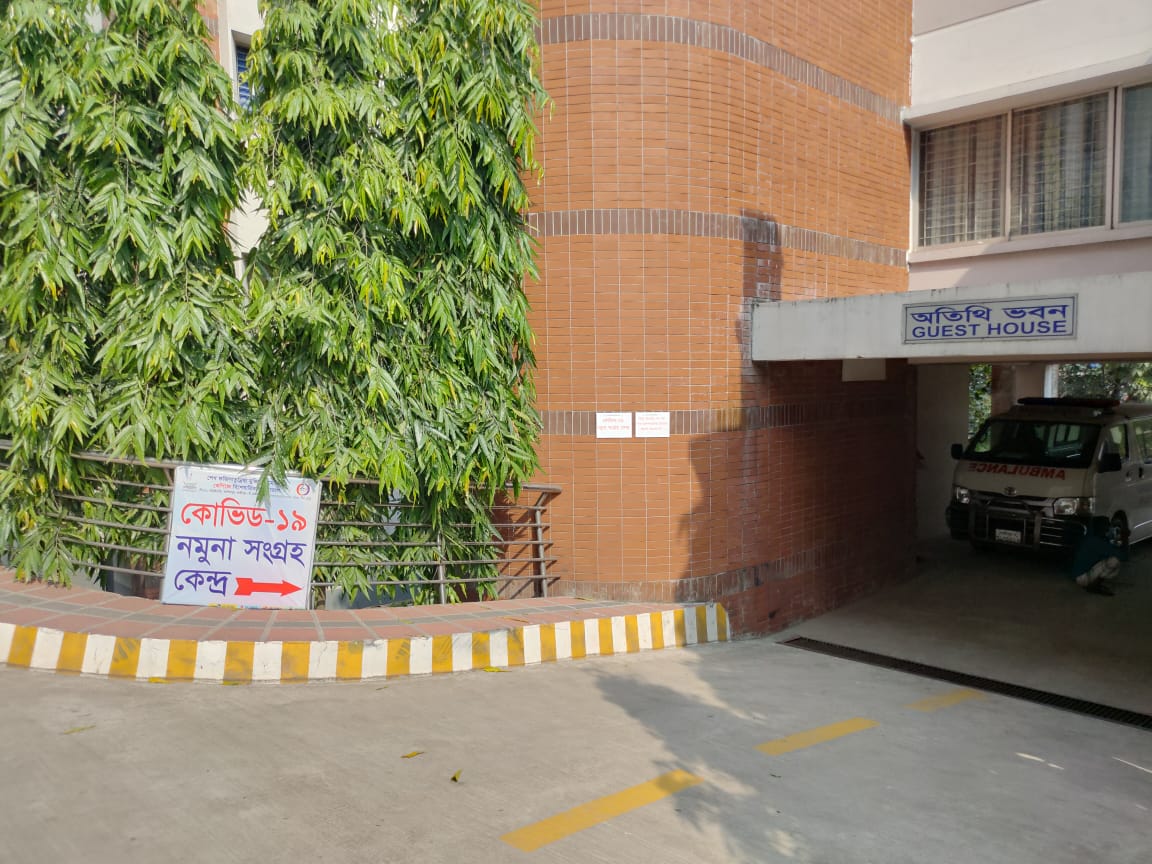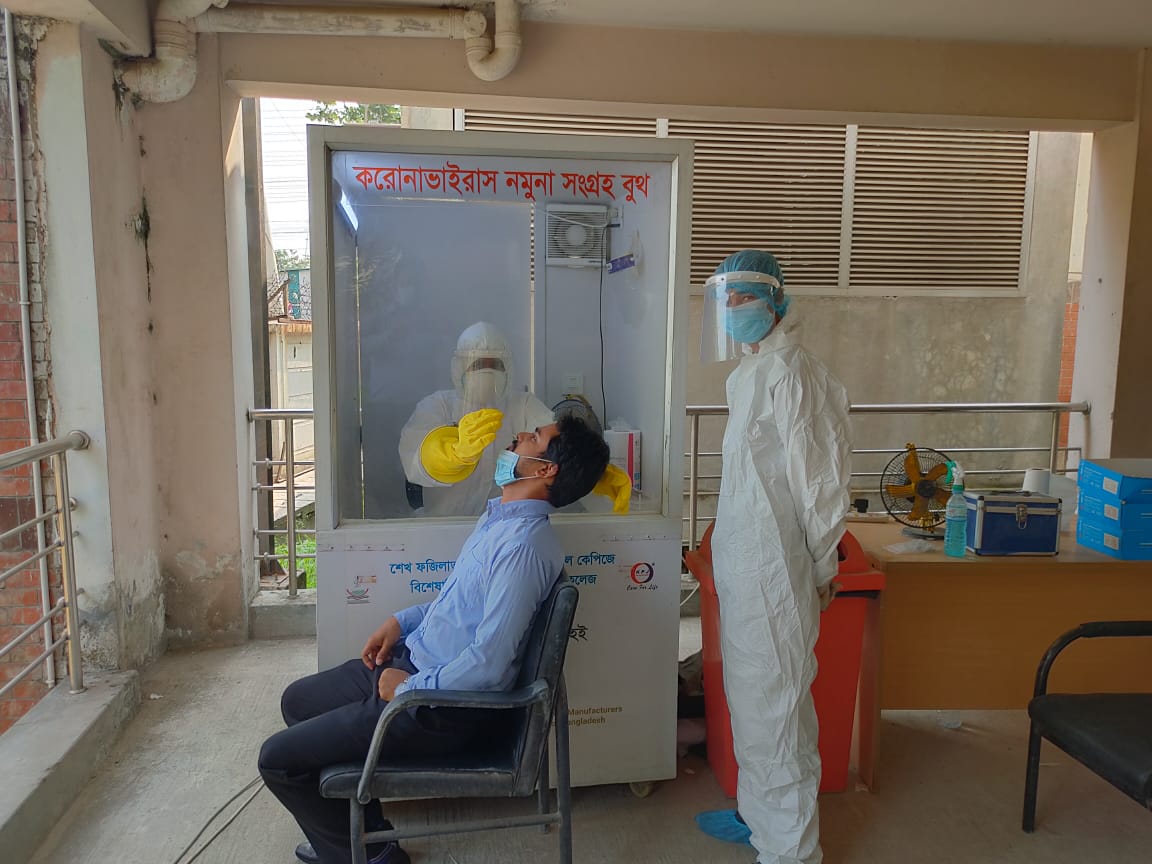করোনার দ্বিতীয় ঢেউ মোকাবেলায় সকলের সম্বলিত প্রচেষ্টার পাশাপাশি, আমাদের অভিজ্ঞ ডাক্তার ও নার্স মান সম্মত সেবা এবং অত্যাধুনিক চিকিৎসা ব্যবস্থা প্রস্তুতে সক্ষম হয়েছে। কেপিজে বিশেষায়িত হাসপাতাল আরটিপিসিআর টেস্ট, আইসোলেটেড এরিয়া, কেবিন ও ওয়ার্ড থেকে শুরু করে সকল উন্নত ও আধুনিক সেবা প্রদানে অংগীকারবদ্ধ।
বিস্তারিত তথ্য বা সহায়তার জন্য কল করুন ০১৮১০০০৮০৮০
আতংক নয় বরং প্রয়োজনে ডাক্তারের পরামর্শ নিন
#careforlife
#Bangladesh
#COVID19
Thank you and Please stay safe
“CARE FOR LIFE”





